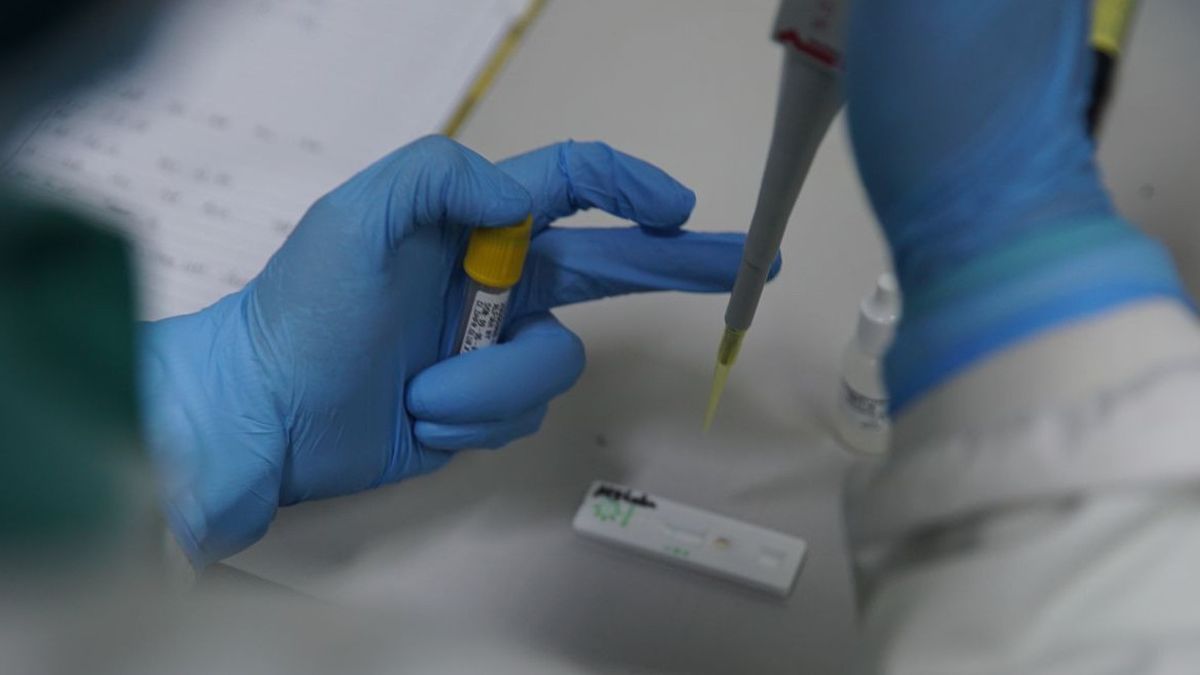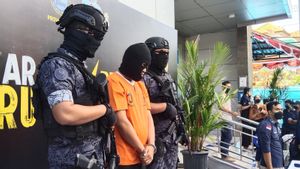JAKARTA - Head of the Monkeypox Task Force, the Executive Board of the Indonesian Doctors Association (PB IDI) Hanny Nilasari said that the study of specimens on skin lesions was one of the determining factors in confirming cases of monkeypox or Monkeypox in patients.
"The skin lesion has the highest sensitivity compared to the oropharynx (throat) examination," said Hanny Nilasari in a virtual press conference reported by ANTARA, Friday, August 5.
The statement answered a reporter's question regarding one of the patients with the status of suspected Monkeypox in Central Java who is currently undergoing a skin lesion examination after the results of the oropharynx examination were declared negative.
A lesion is a damage or abnormality of any part or tissue in the body.
Hanny, a dermatologist, and genital specialist, said that the study of skin lesion specimens depended on how the sample was taken. The newer the lesion, the greater the number of viruses detected.
"If one of the examinations is positive (oropharynx or skin lesions), it is confirmed that Monkeypox is positive," she said.
She said the sampling procedure on the Monkeypox suspect was carried out in a special room through the isolation method. The medical team involved must wear personal protective equipment and according to the patient management mechanism.
"Of course, the patient will be given antibiotics according to the type of infection. If there is dehydration, adequate fluids will be given, nutrition must be considered," she said.
SEE ALSO:
According to Hanny, until now there has been no referral hospital for Monkeypox patients appointed by the government. Currently available is a reference laboratory for the examination of Monkeypox virus samples.
The laboratories in question include the Central Laboratory for the Study of Primate Animals in Bogor and the Research Laboratory for Infectious Diseases, Prof. dr. Sri Oemijati in Jakarta.
"If there are symptoms, fever, skin manifestations, if a lump is felt on the neck, we must go to a health facility. Don't self-diagnose," she said.
Hanny said monkeypox spreads easily, depending on the body's resistance. "If our immune system is good, and the contact is not too close, we may not be infected. But if our immune system is weak, of course, we have to be careful, we can also get infected," she said.
The English, Chinese, Japanese, Arabic, and French versions are automatically generated by the AI. So there may still be inaccuracies in translating, please always see Indonesian as our main language. (system supported by DigitalSiber.id)

















